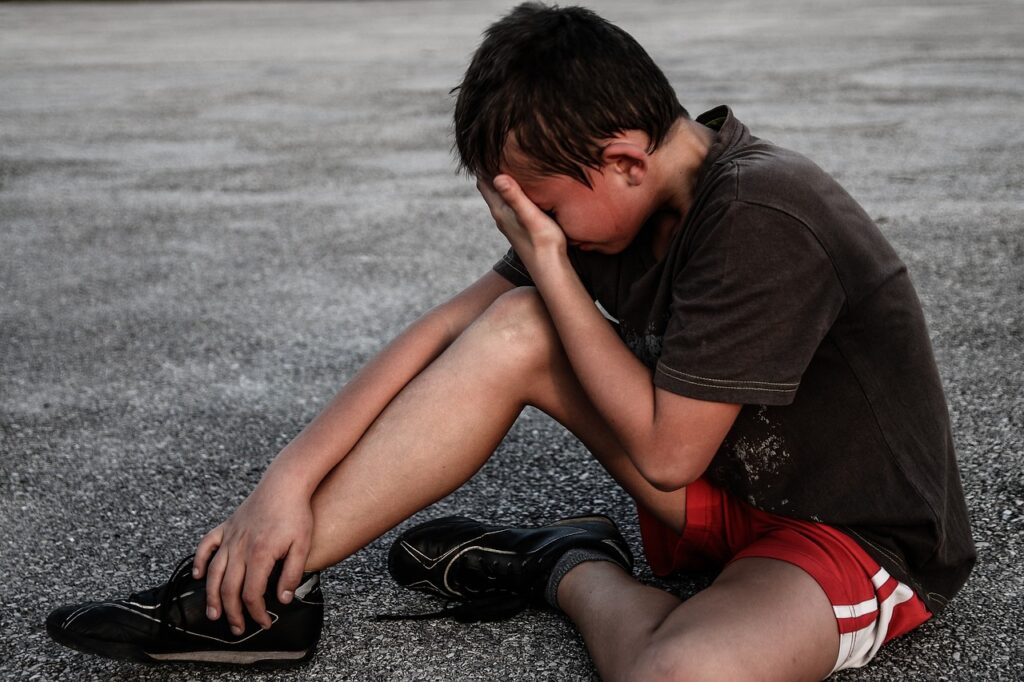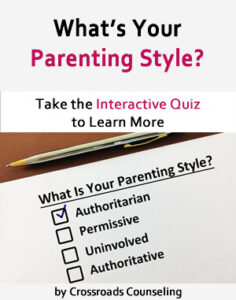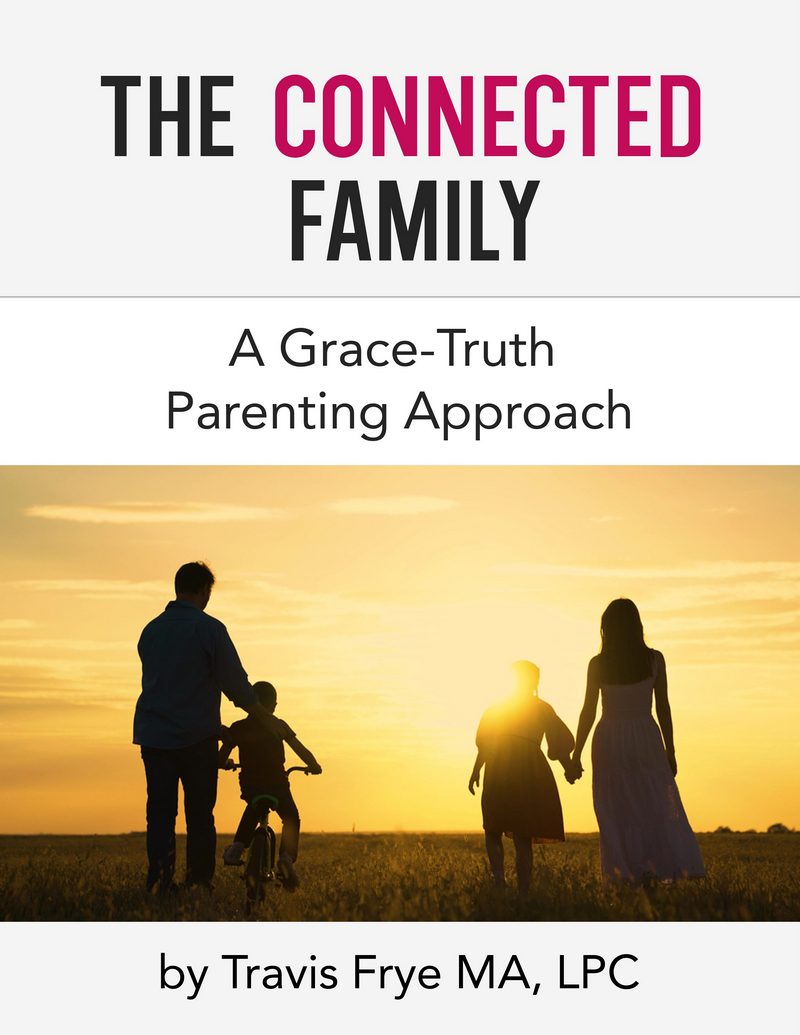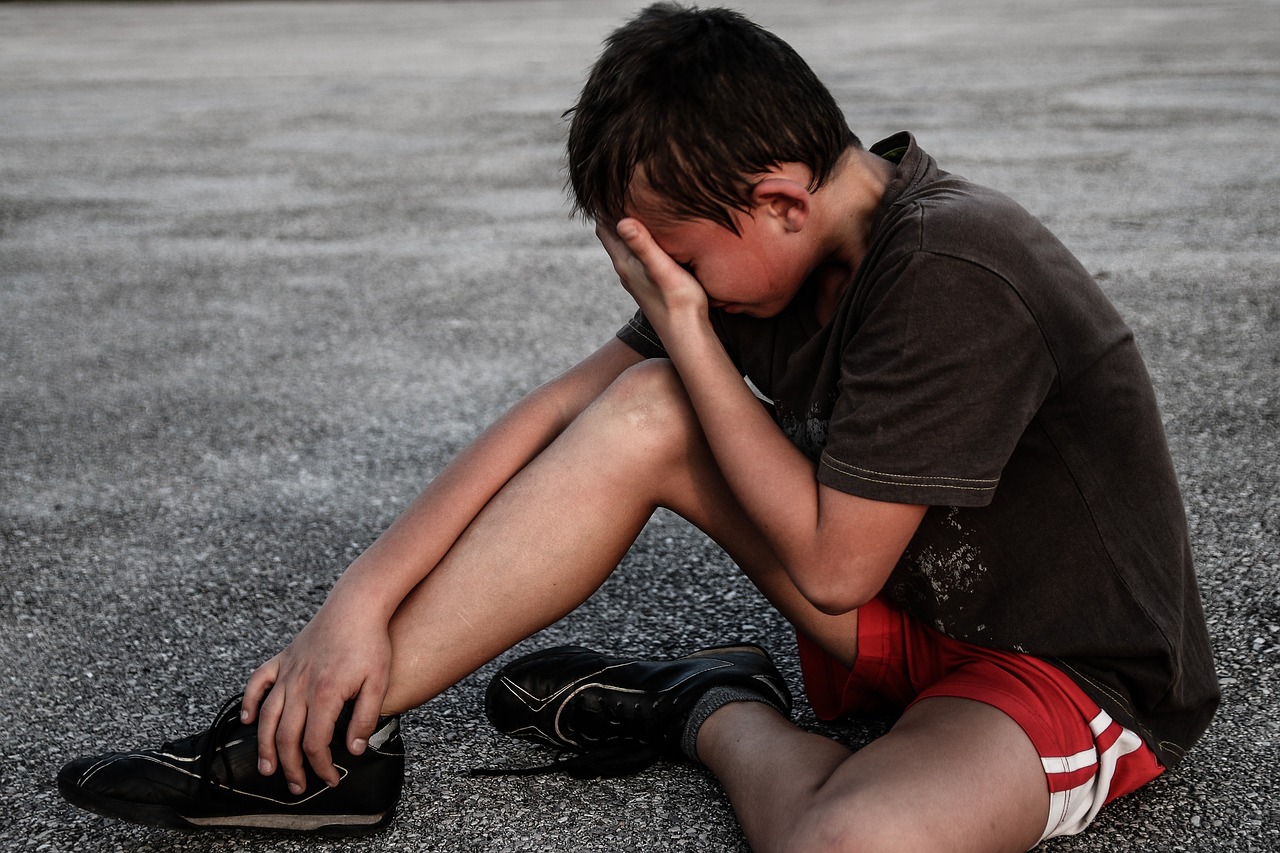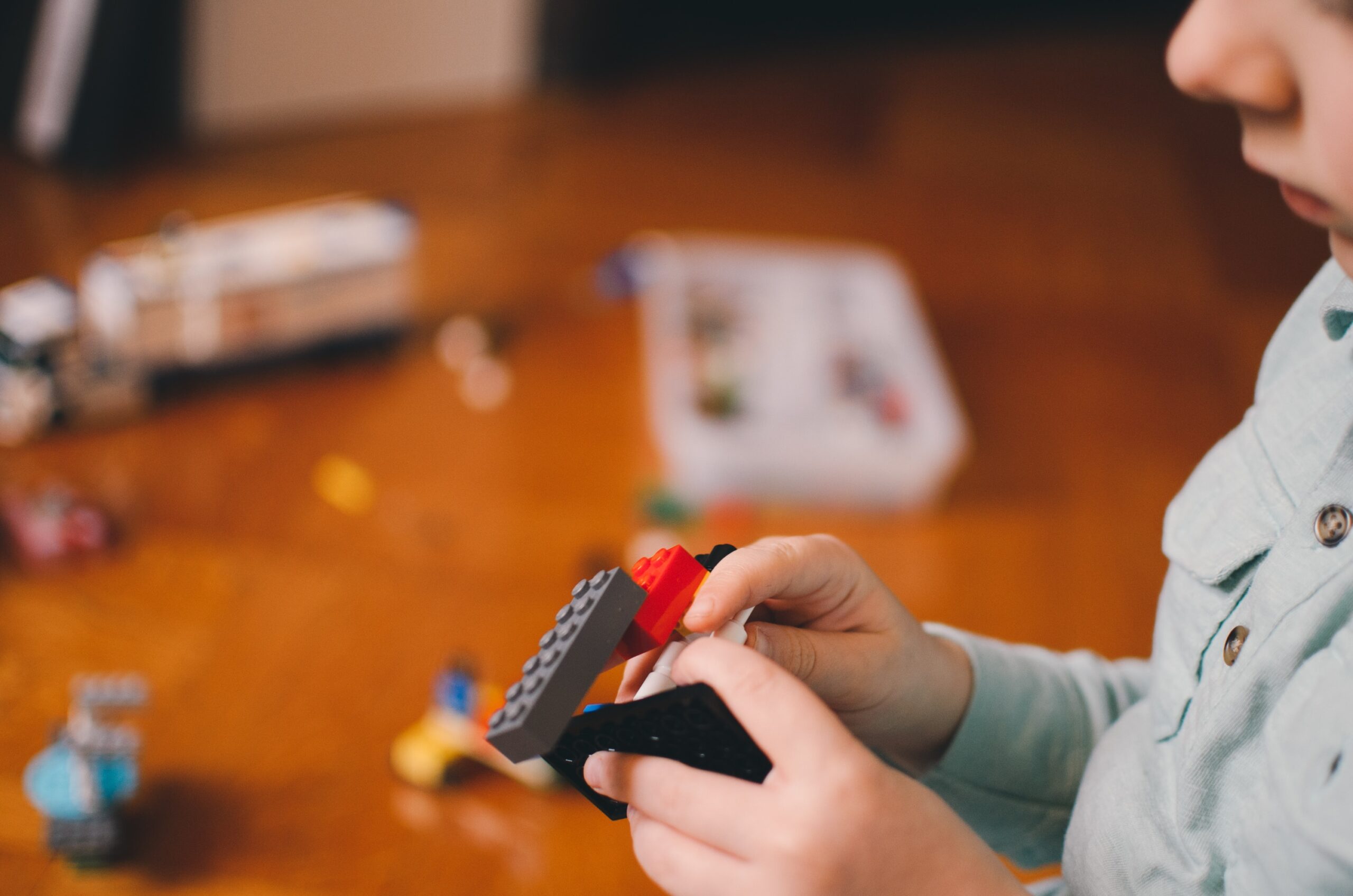No good parent wants their child to hurt. But sometimes, we think that letting our kids “cry it out” will toughen them up. In reality, this damages a child’s emotional regulation and makes them more distressed. Whether it’s ignoring emotional or physical pain, the results on a child’s psyche can be similar.
Learning to recognize, validate, and help your child when they’re in pain will help them grow into a well-adjusted adult.
What Pain Can Look Like in Children
Pain in children is much less studied than in adults. It’s easy to brush them off by rationalizing away their pain: their nervous systems aren’t as developed, they won’t remember how badly that hurt, their problems aren’t as intense as grown-ups’.
But children do experience the same wide range of emotions and feelings as adults. The problem is they may not always express their pain in the same way that adults do. Instead of saying, “I’m hurting here” or “I feel upset because…,” they might show general behavioral changes.
You may notice your child sleeping too much or less than usual. They could complain of stomachaches before school. If your child is very young, they may be more fussy, more tearful, or more generally unhappy.
Emotional pain might show up as mood swings, difficulty concentrating, irritability, pulling back from their social lives, or anxiety. Your child may not have the tools yet to specify what exactly is distressing them, so it’s important to pay attention to these changes, especially when they’re sudden and out of character.
Why Ignoring a Child’s Pain Is harmful
-
Emotional Suppression
When a child’s emotional pain is consistently ignored, they may eventually see no reason to express themselves. Their emotional experience has no value because the adults in their lives have deemed their feelings unimportant.
Afterward, communication breaks down between caregivers and children — the child is then less willing to come to them with problems in the future. Emotional suppression will likely also lead to long-term mental health issues, including depression and anxiety, as they grow older. Not being able to articulate their emotions, handle their stress, and be vulnerable with others will also affect their social life and self-esteem.
-
Pain Is a Symptom
Ignoring physical pain in children can lead to untreated medical conditions. Treat their pain as real, valid, and unexaggerated. Because chronic pain and other long-term conditions are less studied in children, we don’t always know how they’ll manifest.
Children may not always have the words to describe their discomfort, so it’s essential to pay attention to their non-verbal cues and seek medical attention when necessary. Long-ignored pain can also worsen an undiagnosed condition, leaving your child in worse shape.
Validation Isn’t Coddling
Acknowledging and validating a child’s pain is a simple, yet powerful, act. It teaches them that emotions are worth sharing and they’ll be more willing to make connections with others. They learn emotional regulation and empathy, meaning they’re more likely to become well-adjusted adults. Here’s how you can validate your child when they’re feeling distressed.
-
Actively Listen
Give your full attention when your child is expressing their feelings. This means turning towards them, asking open-ended questions, and encouraging them to share. Let them know you’re there to listen and support them.
-
Empathize
Try to put yourself in their shoes and imagine how they might be feeling. Use phrases like, “I can see that you’re hurting,” or “It’s okay to feel sad sometimes.” Empathy can also look like comforting physical touch and reassurance.
-
Take Them to Professionals
If your child is consistently showing pain, don’t wait to help them. If they’re suffering from a mental health crisis, a therapist can help them articulate their emotions and learn positive coping skills.
To learn more about how therapy can help your child deal with pain, please reach out to us.
Begin Working With A Child Therapist in Phoenix, Scottsdale, and Online in all of Arizona
Finding the best way to address big emotions with your child is much easier said than done. Our team of child, teen, and family therapists can help you with learning how to parent more effectively and compassionately. We can also help your child learn how to process difficult and painful experiences. We offer support from our Scottsdale and Phoenix based locations and across the state with virtual, online counseling. To start your therapy journey, please follow these simple steps:
- Contact Crossroads Counseling
- Meet with a child therapist
- Start addressing tough emotions with your child
Contact us by calling 623-680-3486, texting 623-688-5115, or emailing info@crossroadsfcc.com and ask to speak with one of our child counselors. You can ask all the questions you have to see if Crossroads is the right fit for you.
